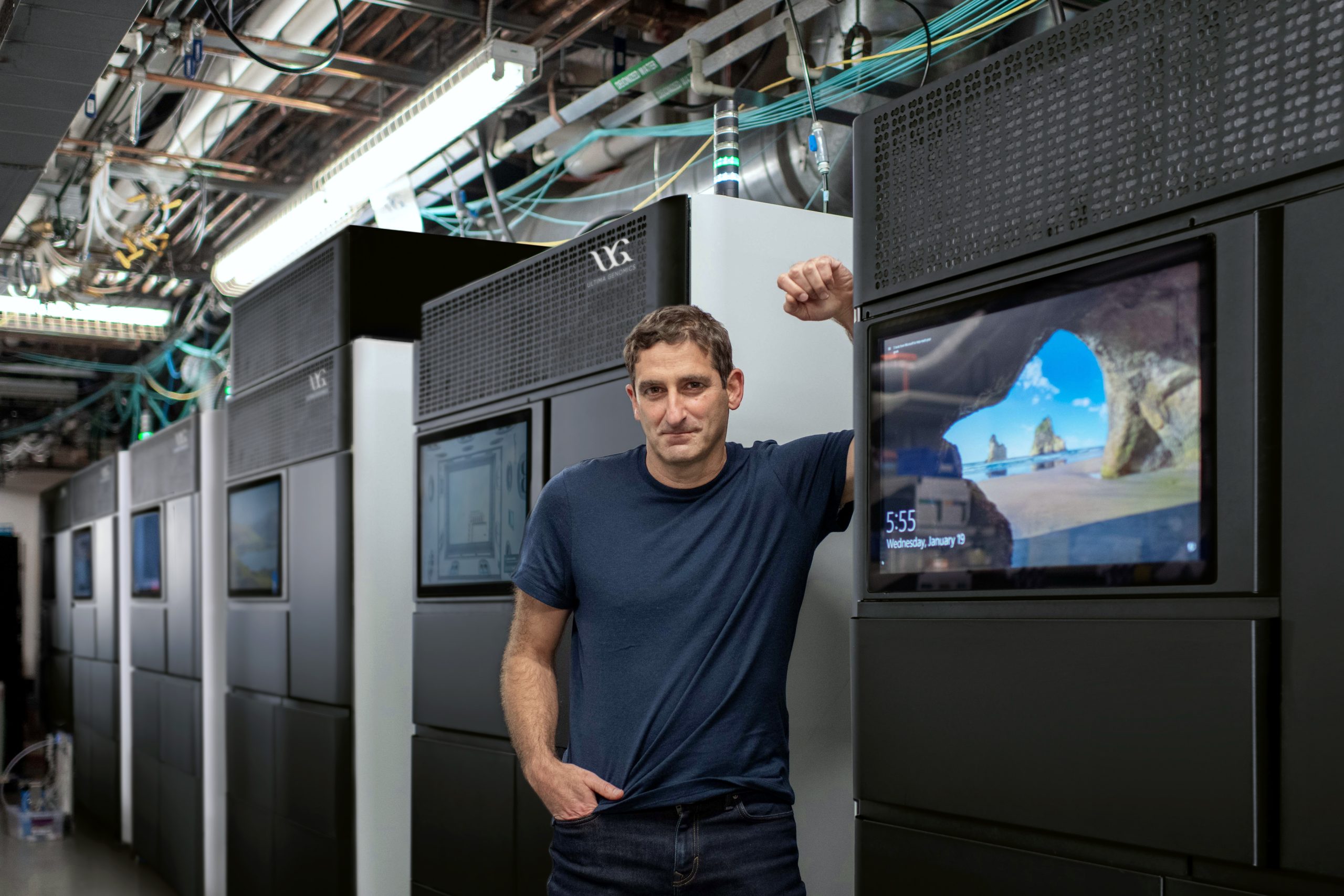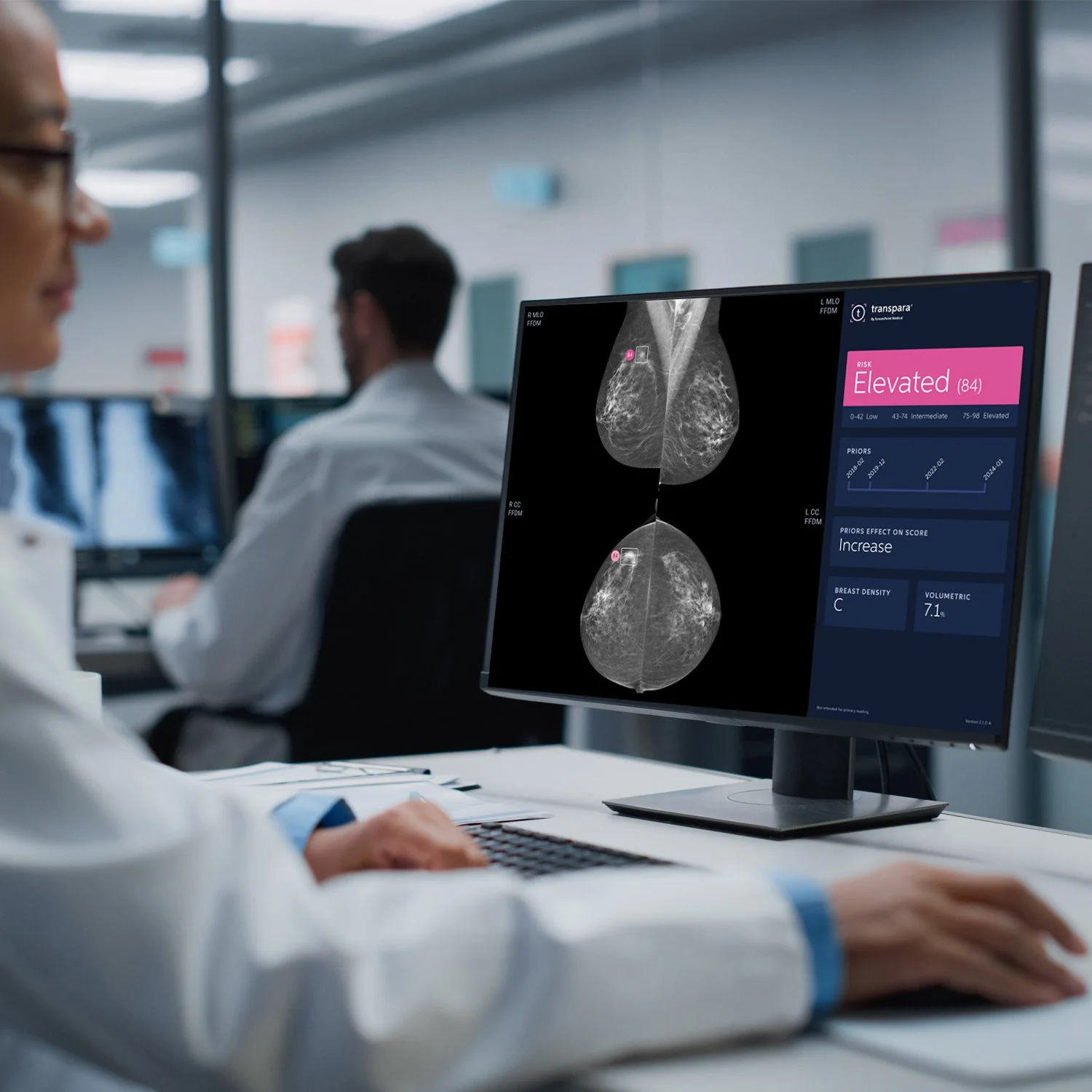To meet this major challenge, the Regeneron Genetics Center (one of the world's largest centers for genetic research), which is behind this initiative, is relying on a breakthrough technology developed by Ultima Genomics, the UG 100 platform. This ultra-fast sequencing machine can analyze millions of biological data sets at a speed and cost never before achieved. It will be combined with Olink Explore HT technology, a high-precision protein analysis tool.
Together, these two platforms will make it possible toexamine thousands of proteins in each sample, with an unprecedented level of detail. The project draws on two exceptional databases. Firstly, 200,000 samples (analyzed in the USA) from a historic collaboration between Regeneron and the US Geisinger Health System. Another 600,000 were analyzed in the UK Biobank, a reference database where participants have been medically monitored for years. This double corpus represents an invaluable resource for researchers: the possibility of cross-referencing health data with extremely detailed protein profiles.
The aim is to identify weak signals in proteins - the molecules that orchestrate the functioning of the human body - and link them to the onset of pathologies. The prospects opened up by this study are immense: a better understanding of the evolution of certain diseases, earlier diagnoses, prediction of individual risks and even more refined treatments. And thanks to the large-scale approach made possible by UG 100 technology, these advances could no longer be limited to specialized laboratories, but could be applied to millions of patients. By making the analysis of proteins as fast and affordable as that of genes, Ultima Genomics is helping to democratize access to data that was previously too complex or too costly.


.jpeg)



.webp)








